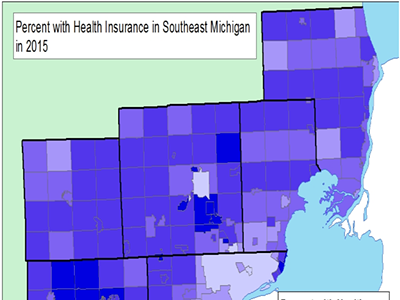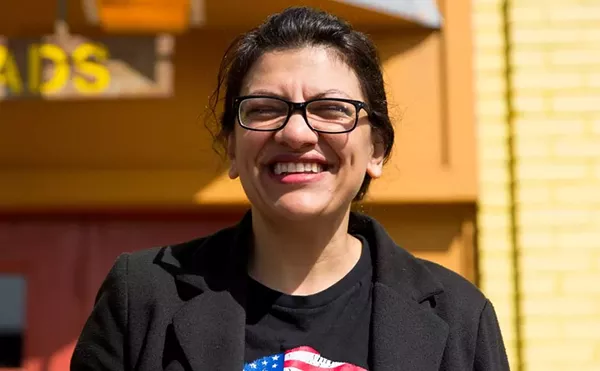A month past deadline, Gov. Snyder has still not seated marijuana board to issue new licenses

Audio By Carbonatix
[
{
"name": "GPT - Leaderboard - Inline - Content",
"component": "35519556",
"insertPoint": "5th",
"startingPoint": "3",
"requiredCountToDisplay": "3",
"maxInsertions": 100,
"adList": [
{
"adPreset": "LeaderboardInline"
}
]
}
]
Gov. Rick Snyder is well past a March deadline to seat a five-member board that will oversee the licensing of Michigan's soon-to-be commercialized medical marijuana industry.
The hold up, according to Snyder spokeswoman Anna Heaton, is a "thorough vetting" of the candidates, three of whom will be appointed by the governor himself, and two of whom will be recommended by the state's Senate majority leader and House speaker. Heaton says Snyder is trying to ensure that the people he seats to the board are free from conflicts of interest, because "they'll have the power to license and regulate a new industry." Synder, she says, would also like to see different sectors represented on the board, particularly the legal community.
The board will implement the state's new Medical Marihuana Licensing Facilities Act, which creates licenses for dispensaries, large-scale grow operations, processing centers that make edibles and oils, lab testing sites, and secure transporters. Another 17-member advisory panel established by the Department of Licensing and Regulatory Affairs (LARA) will make rules recommendations to the board.
Under the law, board members cannot be active lobbyists or hold public office. They cannot have a direct or indirect interest in a licensee or marijuana facility, or have a family member who is applying for a license. Additionally, a board member cannot have recently been employed by a licensee or person with an application pending.
Last month, the Detroit Free Press reported that Senate Majority Leader Arlan Meekhof had nominated former House Speaker Rick Johnson to be on the board. Johnson was a registered lobbyist from 2005 through late 2016 and, according to the Freep, had worked on medical marijuana legislation passed last year by giving free advice to, among others, the then-chief of staff of Rep. Klint Kesto, who sponsored one of the bills. Johnson was last month negotiating the sale of his stake in a lobbying firm and considering selling it to Kesto's former chief of staff, who had left the post to become a lobbyist. The Freep reported the sale raised concerns over whether marijuana industry lobbyists could seek to curry favor with a potential board member through the price paid.
As the state delays seating the board, Cannabis Council of Detroit attorney Matt Abel says municipalities are being forced to put off adopting ordinances that will allow commercialized medical marijuana facilities to operate within their borders.
"Without knowing what the rules are, it's hard to design an ordinance without running the risk of having it need to be re-written," he said.
Abel says the board will determine a range of rules and regulations, from testing and labeling requirements to banning specific shapes of marijuana products that could appeal to minors.
LARA has been issuing questionnaires to people within the medical marijuana community to gathering input on possible rules. Abel says LARA has signaled that it will have applications for licenses available online in December as planned, whether the board is seated or not. The agency has the authority to enact emergency rules if a board is never appointed.






